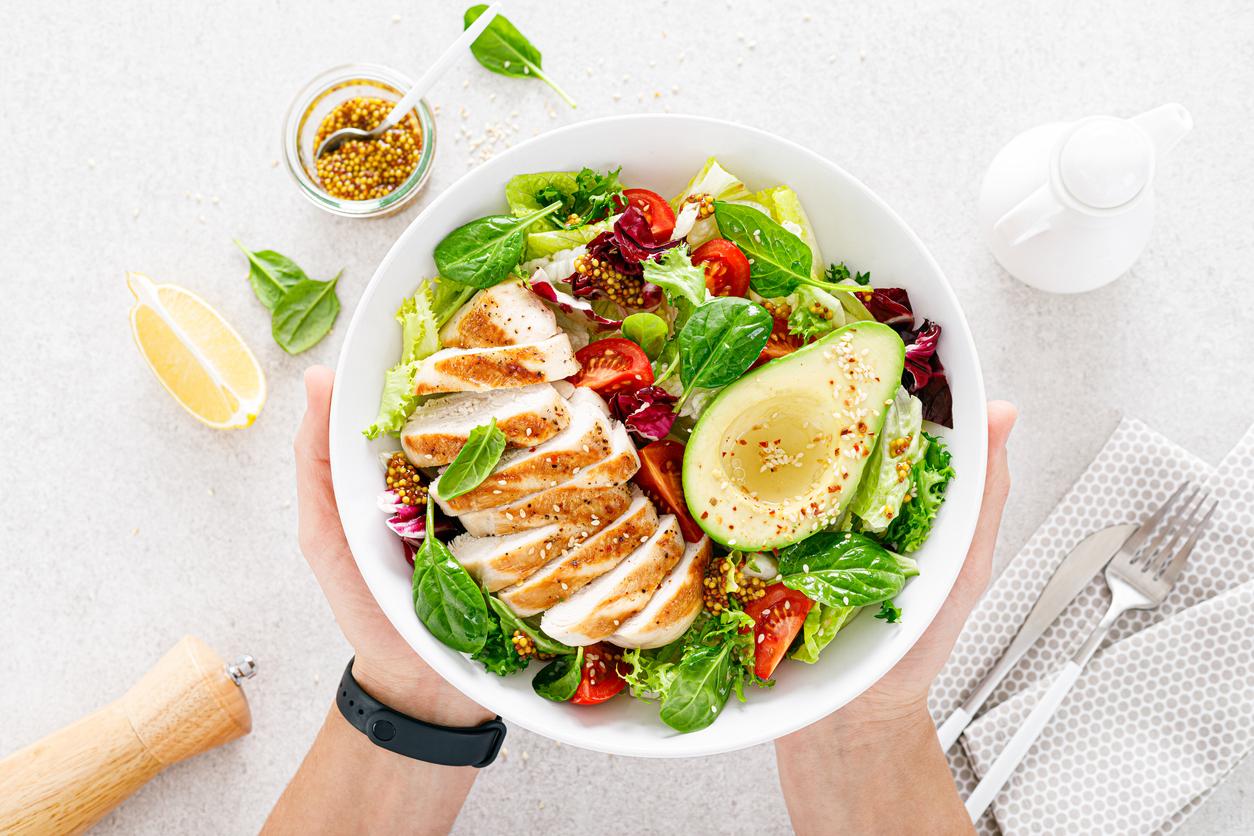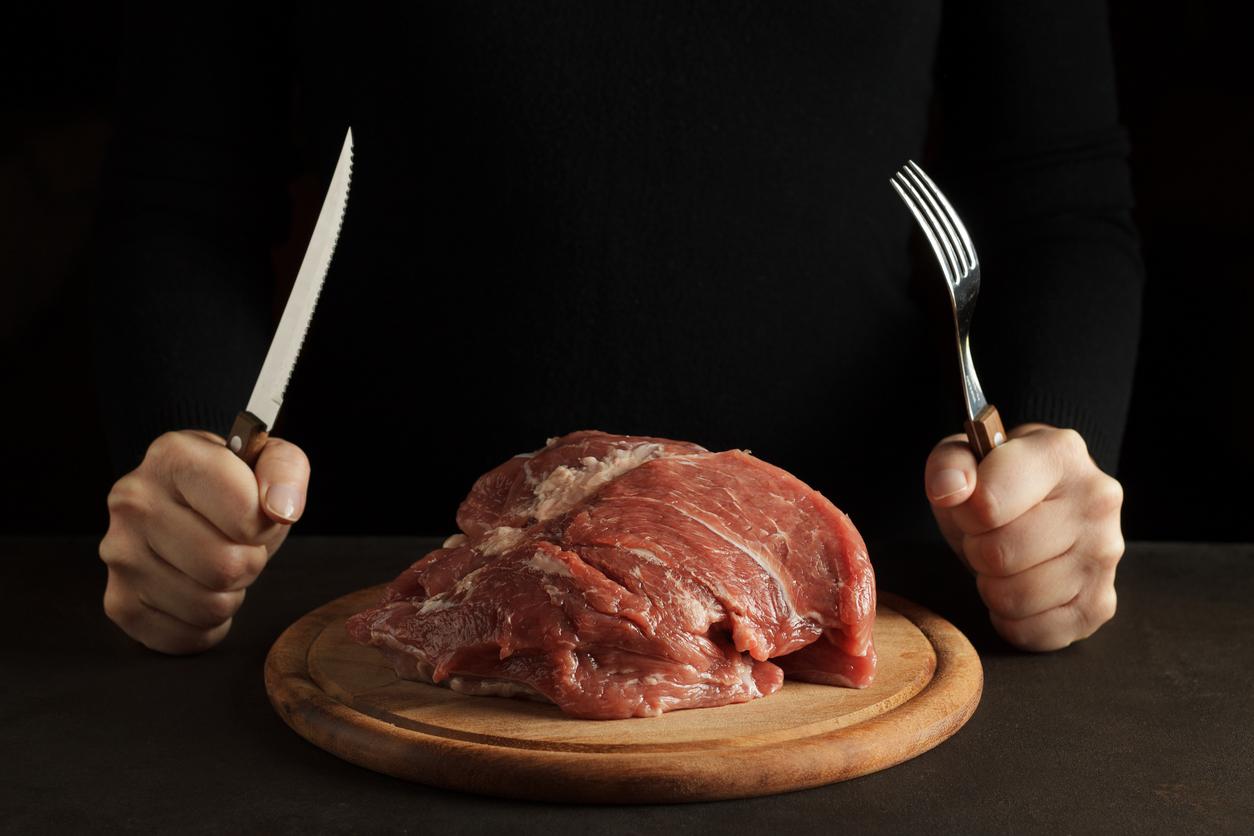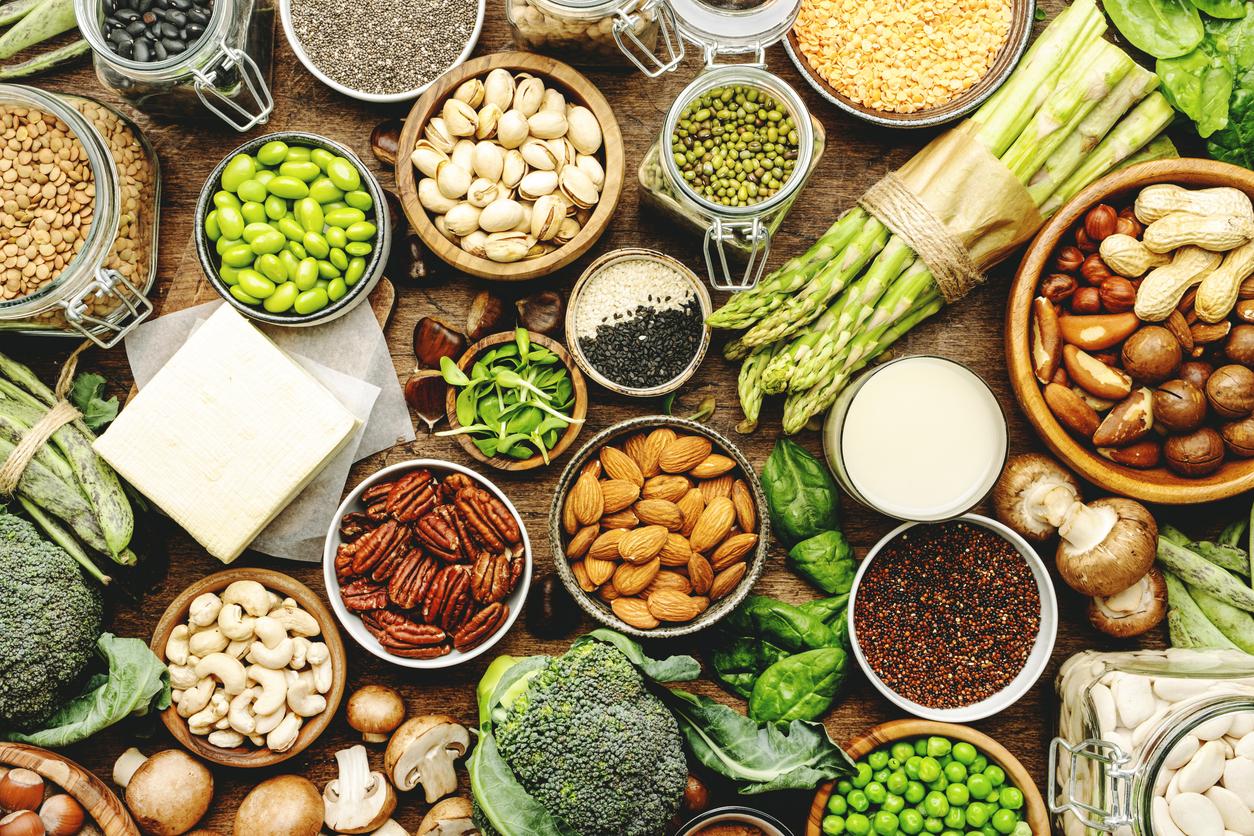According to a study from Queen’s University in Belfast, Ireland, patients with Parkinson’s disease who consume foods rich in flavonoids such as berries, cocoa, tea or red wine, have a better life expectancy than those who do not eat it.
There Parkinson disease is the fastest growing neurological disease in the world (more than 10 million people suffer from it) and there is currently no cure. The disease is caused by the brain not producing enough dopamine and leading to tremors, stiffness and balance problems.
30-40% increased chance of survival
For this study, which has just been published in the journal Neurology, the Irish researchers followed over 1200 people (599 women and 652 men) who had recently been diagnosed with Parkinson’s disease. They asked these participants how often they ate certain flavonoid-rich foods, such as tea, apples, berries, oranges, cocoa, and red wine, and this was repeatedly assessed every 4 years. . “The flavonoid intake of each patient was then calculated by multiplying the flavonoid content of these foods by the frequency with which they were consumed” underline the scientists.
They found that patients who habitually ate more foods rich in flavonoids had a 30-40% better chance of survival than those who ate the least (comparing those who ate more than 3 times a week and those who consume it less than once a month). “For example, a higher regular consumption of red fruits and red wine is associated respectively with a 26% and 40% reduction in the risk of mortality,” explains Professor Aedín Cassidy, co-author of the study. “This shows how much a simple dietary change can improve the life expectancy of people with Parkinson’s disease,” he adds.
Source :
Intake of Flavonoids and Flavonoid-Rich Foods, and Mortality Risk Among Individuals With Parkinson Disease: A Prospective Cohort StudyNeurology, February 2022
Read also :
- Infographic: everything you need to know about Parkinson’s disease
- Antibiotics increase the risk of Parkinson’s disease

















